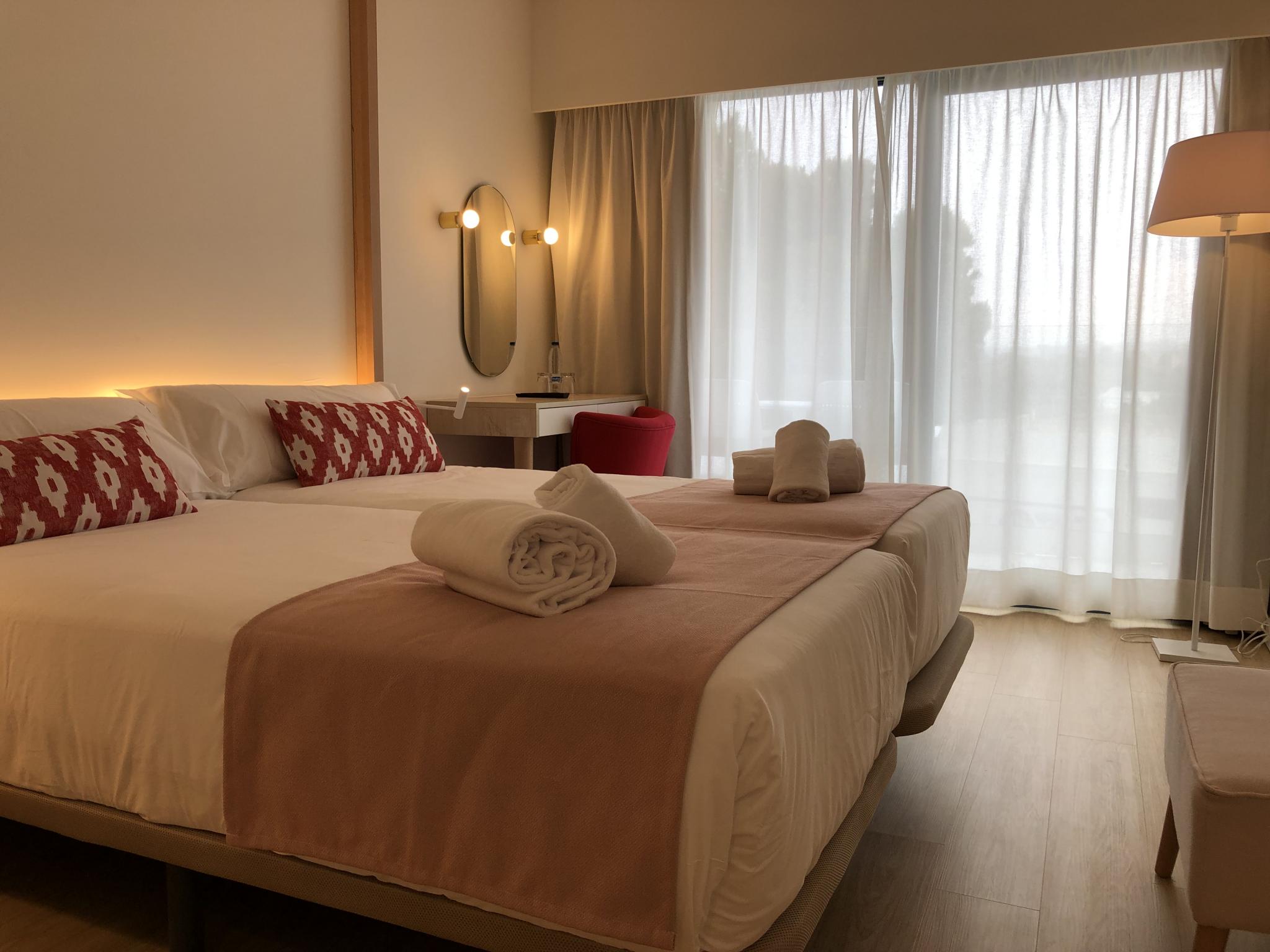It's one of those clichés of hotel publicity. 'Just like being at home.' 'Your home from home.' 'Where you'll feel like you're at home.' As advertising goes, this type of slogan leaves much to be desired. A hotel can never be like a home, unless perhaps you have servants who are akin to being chefs, waiters and chambermaids; your own spa with beauty treatment facilities; and a vast pool with its own mini-waterpark in your back garden.
The Blog
A Hotel Really Can Be Like A Home
Also in News
- Spain wants Britons to show they have 113.40 euros, £97, per day for their holidays
- Big changes on the horizon when Britons travel to Mallorca
- Over two hours for Britons to get through Palma airport queues
- Palma Airport passport control "collapse" put down to unscheduled flights
- Living in a motorhome in Palma: "It'll only get worse"


1 comment
To be able to write a comment, you have to be registered and logged in
an idea why not open some hotels most have outside space for at least a100 social distance drinks in new plastic disposable glasses every drink and pay with card better taking that money than none and better than small bars